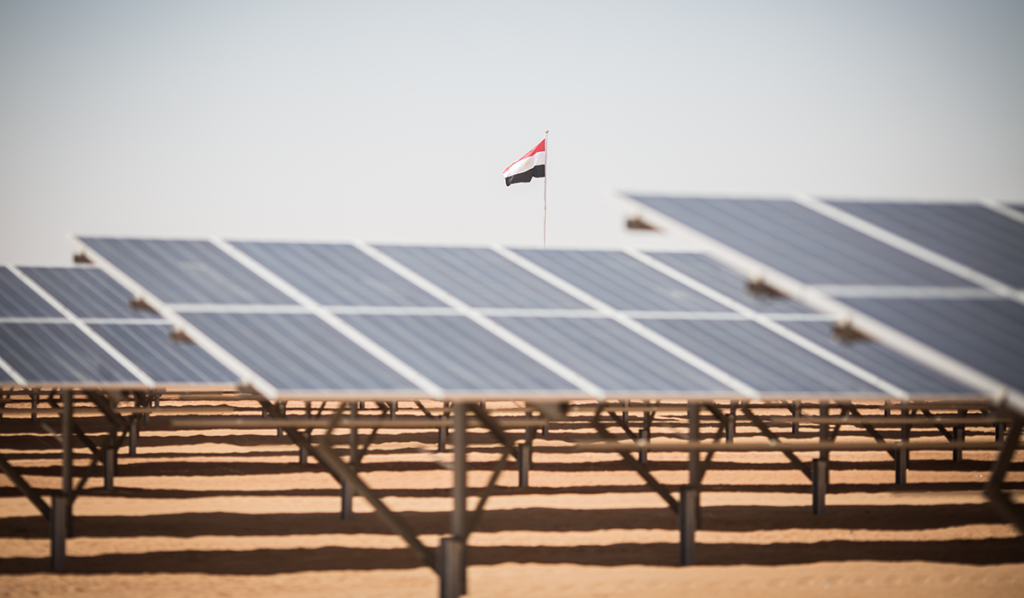Egypt Energy Crisis – Looking back at the summer of 2024, Egypt faced one of its most challenging energy crises in recent memory. With temperatures consistently soaring above 104°F (40°C) in Cairo and even reaching 122°F (50°C) in southern regions, the country’s power grid was pushed to its breaking point. The combination of sweltering heat, skyrocketing demand for electricity, and a dwindling supply of natural gas led to prolonged and frustrating blackouts that affected millions across the nation.
Throughout the summer, Egyptians grappled with rolling blackouts that left large swathes of the population without electricity for several hours each day. For Selim Habib, a 37-year-old resident of Minya in Upper Egypt, the frequent outages were more than just an inconvenience. “I rely on electricity to charge my wheelchair, and without it, I’m left immobile. There were days this summer when I was without power for up to six hours, at home and at work,” Habib recalls. His story mirrors the struggles of millions who found themselves dealing with not only unbearable heat but also disruptions to their daily lives and livelihoods due to the Egypt Energy Crisis.
The state-owned Egyptian Electricity Holding Company had initially introduced one-hour rolling blackouts in May to cope with increased demand and ensure the stability of the transmission grid. However, as the heatwave intensified in July and August, the outages stretched to three hours, leaving many in urban and rural areas alike frustrated and overwhelmed. The Egypt Energy Crisis was affecting everyone.
The government, typically known for its confidence in handling infrastructure projects, was forced to apologize after months of persistent outages. Prime Minister Mostafa Madbouly convened an emergency cabinet meeting in an attempt to address the growing crisis. Following the session, the Ministries of Electricity and Petroleum issued a rare public statement, apologizing for the power cuts and acknowledging the difficulty in managing the nation’s energy needs amid the extreme conditions.
“The Ministry of Electricity and Ministry of Petroleum extend our sincerest apologies for the extended electricity outages over the summer,” the joint statement read, signaling an uncharacteristic concession from President Abdel Fattah el-Sisi’s administration, which typically focuses on lauding its infrastructure and energy projects.
The government attributed the crisis to the unprecedented heatwave and natural gas supply disruptions, accounting for 66% of Egypt’s electricity generation. The Zohr gas field, once hailed as the key to Egypt’s energy independence after its discovery by ENI in 2015, has not met its initial expectations. Originally estimated to hold 30 trillion cubic feet of natural gas, the field’s output has since been downgraded to less than 10 trillion cubic feet due to issues like seawater infiltration and declining reservoir pressure.
In hindsight, it is clear that these energy shortages were not solely the result of this summer’s extreme temperatures. Mohamed A. Fouad, an economist and former parliament member, notes that the government’s energy policies have contributed to the situation over the last decade. “Between 2014 and 2020, Egypt spent over $25 billion on expanding its power generation capacity, increasing it by 30,000 megawatts,” Fouad explained. “But despite this, the system couldn’t handle the pressure this summer. It was a warning that the underlying issues of fuel supply and infrastructure planning weren’t properly addressed.” The Egypt Energy Crisis highlighted these underlying issues.
This summer also underscored the delicate balance Egypt must maintain between its domestic energy needs and its role as an energy exporter. While the Zohr field was expected to fuel both the national grid and foreign exports, Egypt has had to implement a nationwide energy rationing plan to conserve natural gas for export markets. The plan, introduced to generate much-needed foreign currency, further strained the domestic power supply, increasing frustration among the Egyptian public.
The power crisis was compounded by interruptions in gas imports from Israel’s Tamar field, which fell to zero following the Hamas attack from Gaza in October 2023. By the time these imports ceased in November, Egypt was already struggling to meet its energy demands, and the loss of an additional 800 million cubic feet of gas per day exacerbated the shortfall.
Reflecting on the summer, the frequent blackouts have raised questions about Egypt’s energy future. Despite promises of energy self-sufficiency, the reality is that Egypt still faces significant challenges in managing its electricity supply. “We thought the Zohr gas field would solve our problems, but it didn’t pan out as expected,” Fouad remarked. “The government’s reliance on gas, coupled with disappointing production levels, meant that this summer’s crisis was inevitable.”
For Egyptians, the summer of 2024 will be remembered as a period of extreme heat, long power outages, and growing impatience with the government’s handling of the country’s energy needs. The Egypt Energy Crisis highlighted the need for more sustainable energy solutions and better long-term planning to avoid future summers of frustration and power shortages.
Stay updated by subscribing to our email newsletter:
Contact us for media inquiries by clicking here.





